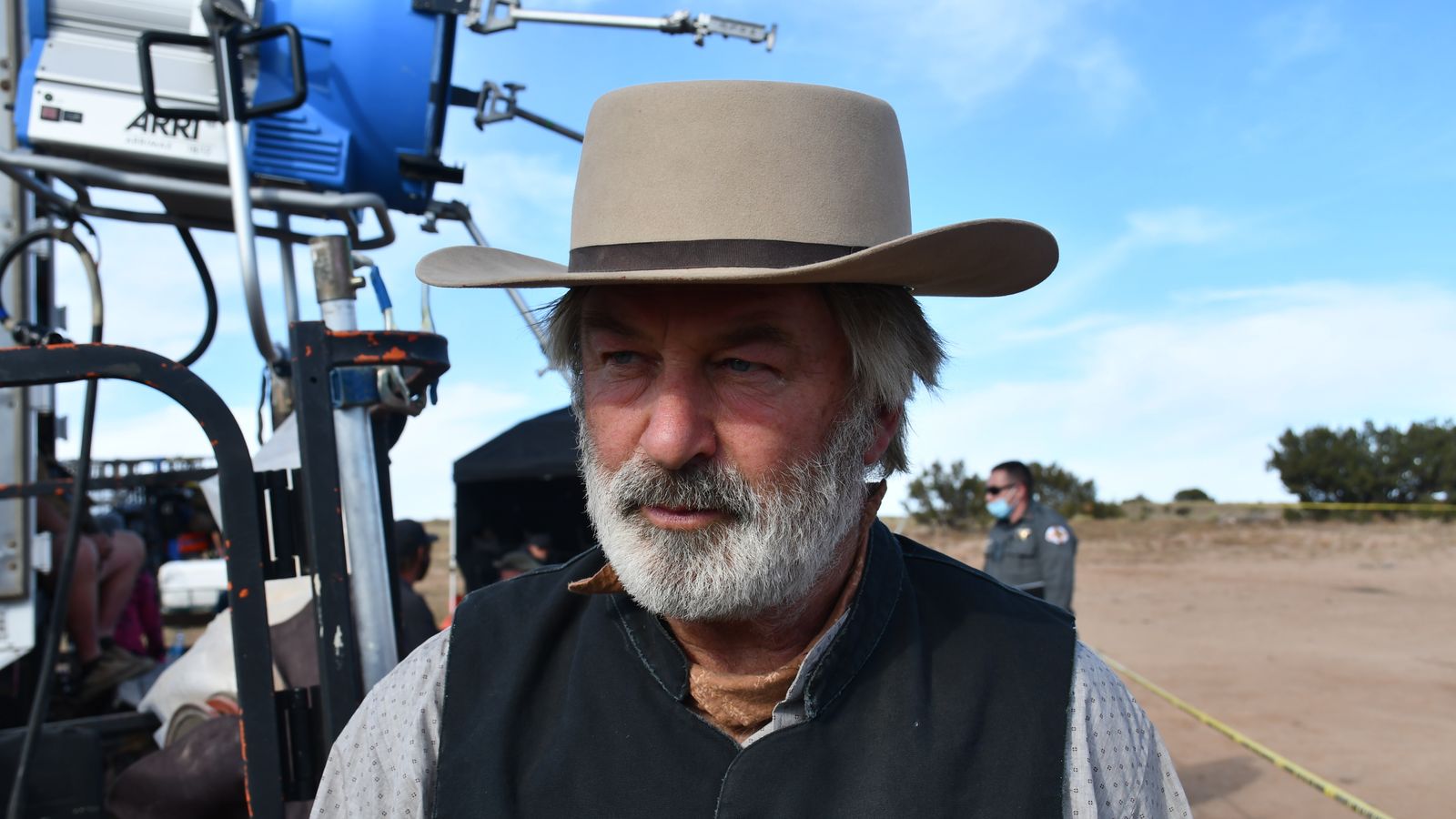The CEO of audio platform Spotify has waded into the Joe Rogan row, telling employees while he does not support the podcaster’s use of racial slurs, the company will not be cutting ties with him.
A number of artists have removed music from the platform, including Joni Mitchell and Neil Young, over Rogan’s comments where he appears to be critical of the COVID-19 vaccine.
The row about the podcaster intensified further over the weekend, when Spotify deleted a number of episodes of The Joe Rogan Experience in which the host was found to have used the n-word.
The move came after musician India Arie shared a compilation of more than 20 times it had happened.
Joe Rogan and Spotify: Who is the US podcaster and what is the COVID misinformation row all about?
In a memo to staff on Sunday, Spotify’s CEO, Daniel Ek said: “While I strongly condemn what Joe has said, and I agree with his decision, to remove past episodes from our platform, I realise some will want more.
“And I want to make one point very clear – I do not believe that silencing Joe is the answer.
“We should have clear lines around content and take action when they are crossed, but cancelling voices is a slippery slope. Looking at the issue more broadly, it’s critical thinking and open debate that powers real and necessary progress.”
Joe Rogan has an exclusive deal with Spotify, thought to be worth in excess of $100m – dropping him from the platform could affect its bottom line and undermine its ambition to be one of the biggest audio providers in the world.
Meanwhile, artists get paid less than a penny per stream of their music.
Rogan has since apologised for using racial slurs in his podcast, saying it is the “most regretful and shameful thing” he has ever had to address, and said he has not used the n-word for several years.
“There’s a video that’s out, that’s a compilation of me saying the n-word,” he said.
“It’s a video that’s made of clips taken out of context of me of 12 years of conversations on my podcast, and it’s all smushed together, and it looks f****** horrible, even to me.
“Now I know that to most people there’s no context where a white person is ever allowed to say that word, never mind publicly on a podcast, and I agree with that.
“Now, I haven’t said it in years, but for a long time, when I would bring that word up, like if it would come up in conversation, instead of saying ‘the n-word’, I would just say the word.
“I thought as long as it was in context, people would understand what I was doing.”
He added: “But it’s not my word to use, I’m well aware of that now.”
